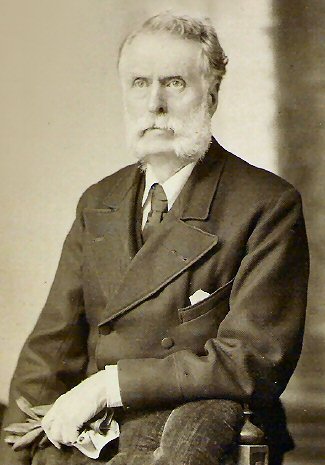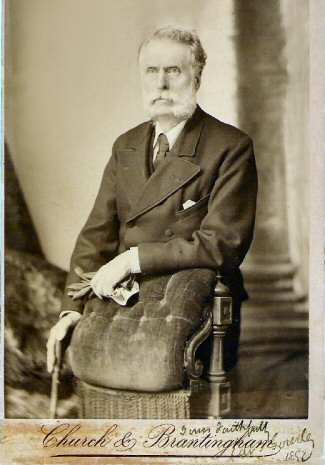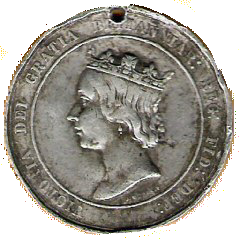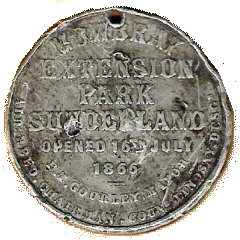The following Obituary from the Times of London, provides a brief summary of his life. A very detailed Obituary from the Sunderland Echo is then provided.
The Times, Wednesday, April 16, 1902
Sir Edward Temperley Gourley, who represented Sunderland in the Liberal interest from 1868 till 1900, died in London yesterday. He was born in Sunderland in 1828 (sic), and was apprenticed at an early age to a local coal and timber merchant, beginning business for himself when of age as a coal and timber merchant and shipowner. He rapidly became one of the leading shipowners of the port of Sunderland, and, having acquired a considerable fortune, devoted his energies to public affairs. He was three times elected mayor of Sunderland, and was a prominent member of other local public bodies, including the Shipowner's Society. As a member of the more advanced wing of the Liberal party he was one of the successful candidates for the representation of Sunderland in 1868. Sir Edward Gourley was one of the earliest supporters of the Irish Home Rule policy, and advocated a settlement of the Irish land difficulty by the creation of a peasant proprietary. His first colleague in the representation of Sunderland was the late Mr. John Candlish, who was the senior member for the borough. The long period during which Sir Edward Gourley kept the seat was unprecedented in the political history of Sunderland. At the general election of 1900 he retired from Parliament in consequence of a difference of opinion with the local Liberal party, who wished to nominate two Liberals against the two Conservative candidates. He held that the scheme would end in failure, and events proved the soundness of his view. During his long Parliamentary career Sir Edward Gourley acted no prominent part, and his occasional interventions by way of question or speech were usually concerned with some shipping matter.



|
| Edward Temperley Gourley |
He was, however a regular attender of the House, and was fond of the social side of Parliamentary life. He was a Congregationalist and a prominent supporter of Sunday schools. After a long service as a Volunteer, he rose to be colonel of the 3rd Volunteer Battalion Durham Light Infantry. His Knighthood dates from 1895. Sir Edward Gourley was not married.

